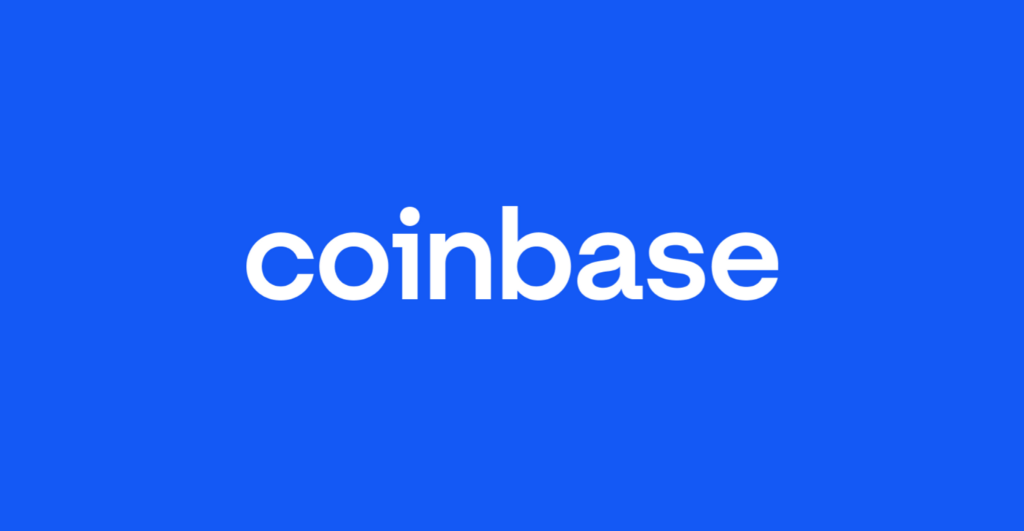
When it comes to innovation, compliance often gets a bad rap. It’s not traditionally seen as driving product innovation — or revenue — and too rarely operates at the bleeding edge of technology. In short, companies often see compliance as a blocker and not an enabler. This perception, paired with an aggressive regulatory and enforcement environment , creates an environment where true innovation and transformation are hard to drive. However, Coinbase is changing that.
Crypto is a highly regulated market. The SEC, CFTC, FinCEN, OFAC, various states and others each oversee different parts of that market. At Coinbase, we’ve prioritized regulatory compliance from the very earliest days of the company. We’ve always believed that for crypto to gain the legitimacy needed for mainstream adoption, compliance can’t be an afterthought — it has to be core to the way we operate. We strongly believe that in order for cryptocurrency to gain widespread acceptance, we must have a constructive relationship with the regulators and agencies that have been charged with oversight of the crypto ecosystem. That trust starts by understanding the principles behind core compliance standards and demonstrating best-in-class efforts to meet or even exceed those standards.
Coinbase’s dedication to compliance is underpinned by a deep sense of care and concern for the health of the global financial ecosystem and the people who participate in it. Our compliance programs detect and prevent financial crime, monitor the health of the market overall, and much more. All this is done for a single reason: to protect our customers.
So how different does compliance in crypto look when compared to a traditional bank or other large financial institution? While crypto aims to create an entirely new and open financial system, compliance with existing regulatory frameworks isn’t an option — it’s a necessity. This means that Coinbase’s compliance team has exactly the same responsibilities as the world’s largest financial institutions when it comes to customer verification, the enforcement of anti-money laundering policies and maintaining internal controls. In fact, many of our programs are modelled on those deployed by the same global retail banks that you probably use on a daily basis.
The very nature of cryptocurrencies nevertheless creates a variety of unique challenges, and, more importantly, opportunities. For instance, the transparent and immutable nature of blockchain transactions makes it far easier and quicker for skilled investigators to track illicit transactions no matter where they occur. This is in stark contrast to the traditional financial system where illicit funds can be difficult to trace because of obfuscation through offshore bank accounts or complex corporate structures that limit transparency and visibility.
Blockchain technology, which underpins crypto, has the promise of creating myriad solutions in financial compliance. Part of the promise of crypto is to bring financial access to the underbanked. This is a demographic that lacks access to basic financial services, such as bank accounts, wire transfers and basic consumer financing options such as mortgages or small business loans. One driver of this issue is the lack of trusted identity documents in certain regions that we take for granted in others. Blockchain technology addresses this issue by enabling the creation and maintenance of unique digital identities which can be ingested by third parties to comply with identity verification requirements. But widespread adoption of this model is still far off unfortunately. Existing regulatory frameworks would likely make it difficult for most institutions to adopt such a model, and regulators may be skeptical of systems where institutions are not either performing Know-Your-Customer checks themselves or independently collecting and having visibility into the identifying information of their customers. Making this process global and not limited to a single country also runs into a complex web of international rules and regulations, further complicating efforts for innovation.
So with all this in mind, Coinbase is in an incredible position: we’ve been able to rethink compliance from the ground up, to build systems and processes that not only meet the compliance requirements for the regions in which we operate, but also build a foundation for the next generation of compliance that takes advantage of all the features that the blockchain has to offer. Over time, it’s our hope that the systems and processes that we’re developing will drive a compliance revolution.
For now, however, at Coinbase, we’re focusing our resources in two main areas: 1) working with our Product, Engineering, and Data Science teams to develop cutting-edge solutions to manage financial crime risk, and 2) developing intelligence that could only be gleaned from the blockchain around current issues in money laundering, terrorist financing, and sanctions that we can share publicly to provide others in the crypto space, regulators and law enforcement agencies.
These types of innovations in compliance, which increase the availability, accessibility, and equity of financial services, are far too important to ignore. We believe that we can demonstrate that new compliance technologies can both safeguard the financial ecosystem from bad actors and introduce new innovations to a critical corner of the industry. It’s time for compliance to get a new reputation: innovator.
was originally published in The Coinbase Blog on Medium, where people are continuing the conversation by highlighting and responding to this story.

